This is my favorite APP for any sort of travel in France. I use the APP Citymapper for every form of public transport. It is incredibly easy and gives you loads of options. It will tell you if there is a disruption and suggest a better alternative. Citymapper gives you step-by-step instructions during your travel too.
Itinerary planning can be organized best with this website. When you search for a route, click on “Access Facilities” and check the option “Find suitable trips for wheelchair users”.
Sidewalks + Streets Tips
Window shopping became one of our favorite activities. Paris window displays are quite stunning. Most streets have gentle ramps. Barbie’s wheelchair has very low ground clearance, as long as she stayed in the middle, she was fine.
Cobblestones and Sidewalks: It may seem like every street in Paris is undergoing road works or pipe laying. And therefore, the footpaths are not well maintained. For the most part, it is fairly easy to navigate. It certainly helps if you are traveling with someone else with a second pair of eyes. There is so much activity and pretty windows to see.
In Paris, not all dog owners pick up their dog’s droppings. I have been stopped countless times, by Parisians thanking me for collecting my dog’s poop! (a completely normal task in Australia). Navigating a wheelchair in Paris requires a keen eye for dog poop. You’ve been warned!
Bus Travel Tips
I’d read up that there were hidden wheelchair ramps beneath each bus that slid out for accessible access. The electric ramps are located at the double doors in the middle of the bus and you simply request the ramp by pressing a clearly labeled button to the left of the doors. Barbie was a bit nervous, wondering just how easy would this process be? Let me share what happened.
We waited at the bus stop and the driver noticed her wheelchair on approach. We didn’t need to find the button to request access. (In fact, not once did we need to look, as the bus drivers can see a wheelchair user on approach). The bus stops, the rear door opens, and out glides a wheelchair ramp. The entire process of getting onto the bus took 15 seconds! We were giddy with excitement seeing how easy it was. The next part: getting off the bus.
There is a designated accessible space on the bus, with sufficient room to turn around. The button to request a stop is at shoulder level. Sure enough, the bus stops, out slides the ramp, and voila! We are off to explore.
In Paris, all bus lines are declared accessible. Most Paris bus stops have a raised curb which makes the stop wheelchair accessible. Alternatively, the ramp offers a reassuring solution. As I’ve explained, all buses have a slide-out ramp that is quick and efficient for getting on and off.
I recommend you avoid bus travel during peak times (8 am to 9:30 am and 4:30 to 7 pm. Paris is a busy city, and it gets squishy. Not everyone remembers their manners and keeps the designated accessible area clear. In fact, in the news recently a bus driver kicked all passengers off his bus (except this wheelchair user) because they had refused to clear space for a wheelchair traveler! They certainly learned their lesson.
I can honestly say, in the seven weeks Barbie and I traveled on buses, we experienced nothing but kindness. One day, Barbie was daydreaming about a hot chocolate and a croissant and forgot to get her wheelchair turned around in time. Half a dozen passengers hollered for the driver to stop and get the ramp positioned. Several walked behind us just to make sure we were ok. Parisians are for the most part kind, helpful and most of all, respectful of people with disabilities.
Tram Travel Tips
Trams are located further out of Paris. It is handy to know that tram lines are 100% accessible, with low-floor vehicles and walk-in bays. Outside Paris, the mesh of accessible bus lines becomes less useful, as it’s the rail network that offers the best alternatives for travel. As you travel further the TGV (fast trains) operate very similar to the ramp setup that I described about buses.
Forget using trains in Paris itself, there are only a few wheelchair accessible stations.

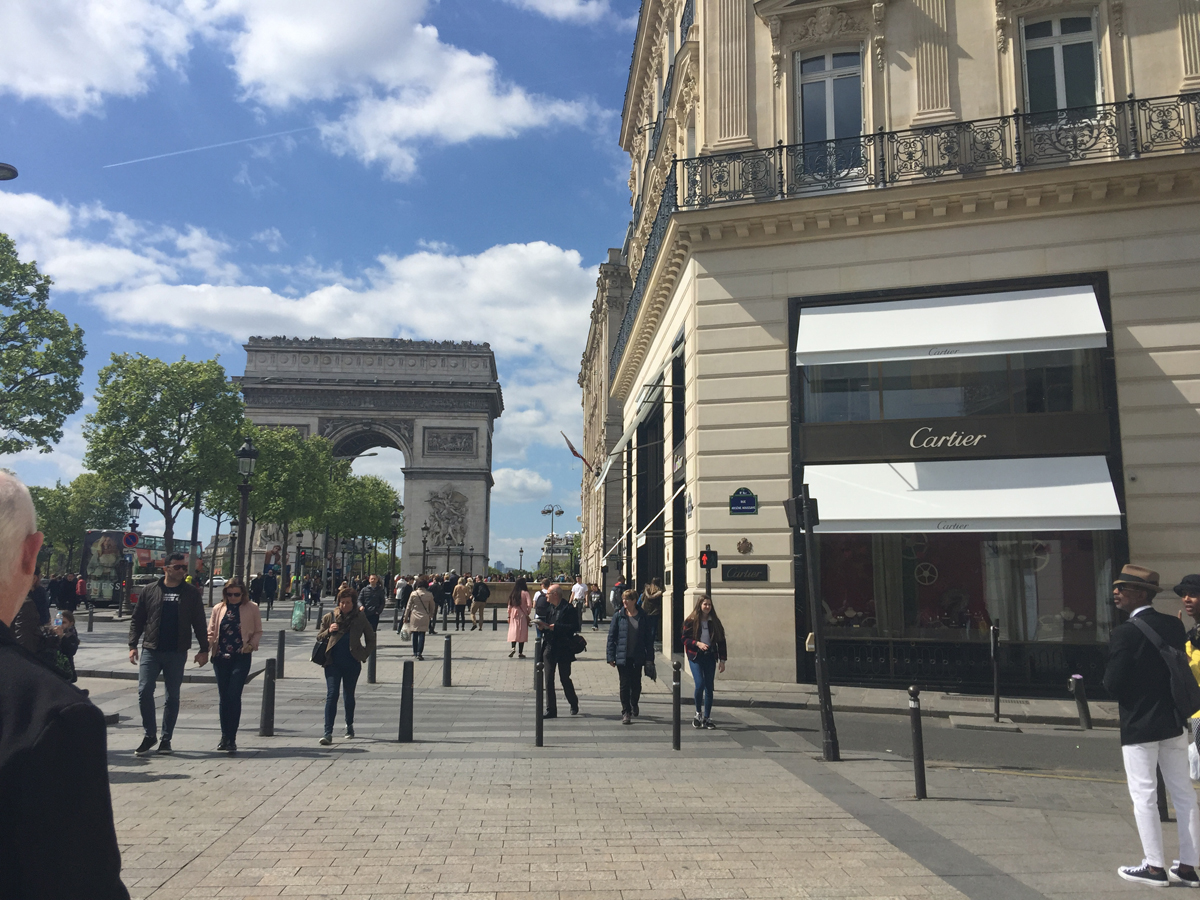
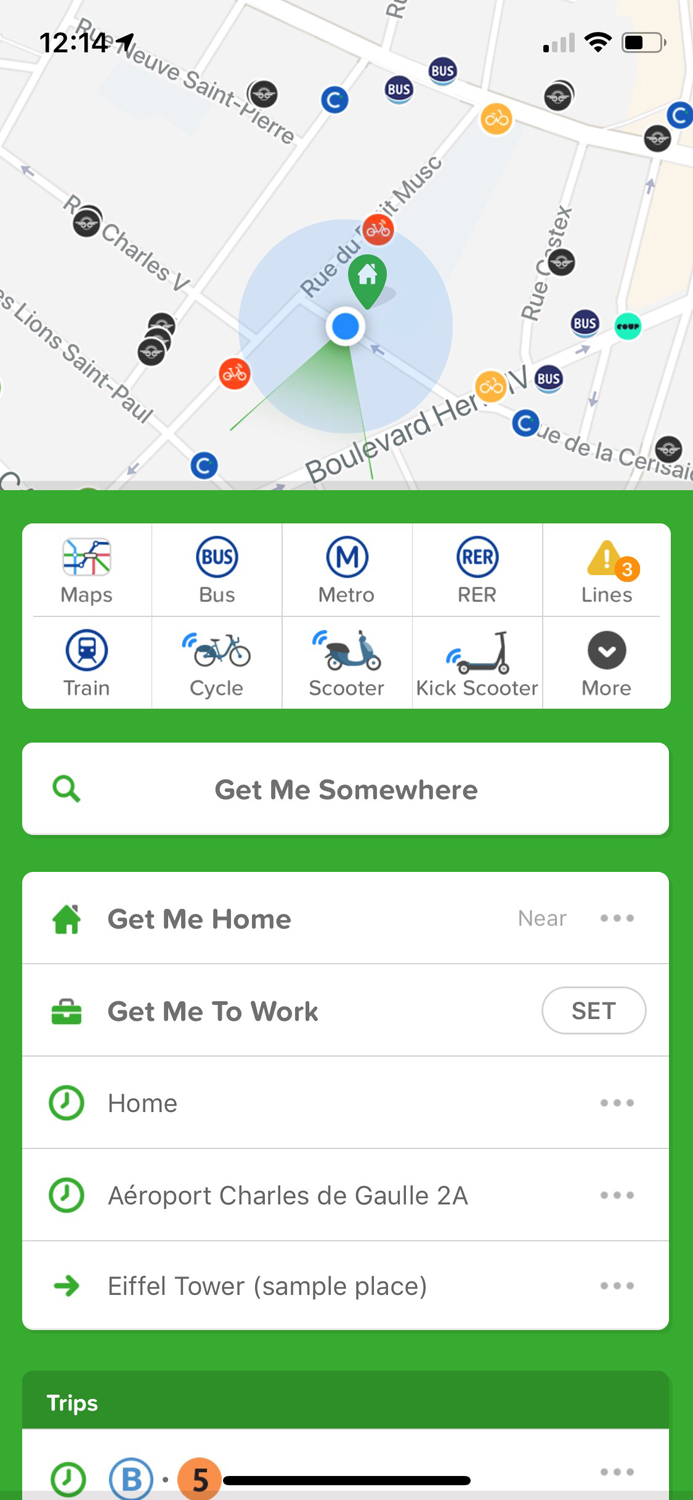


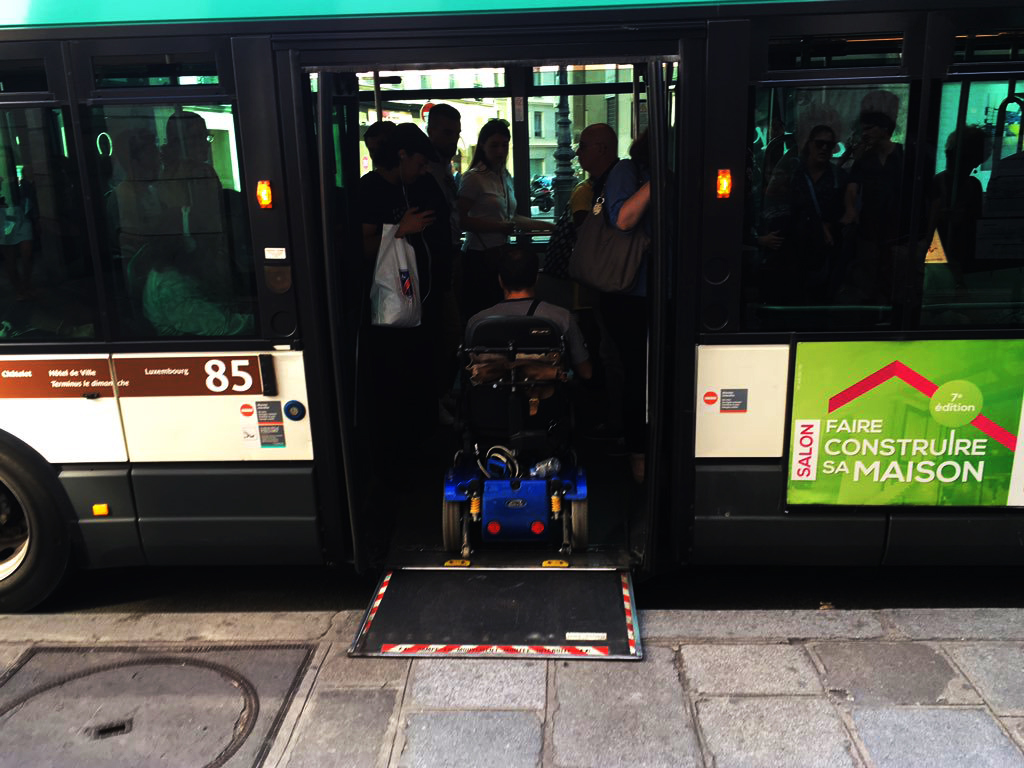
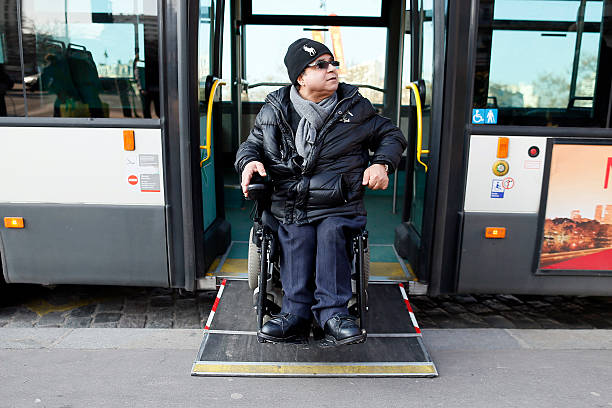
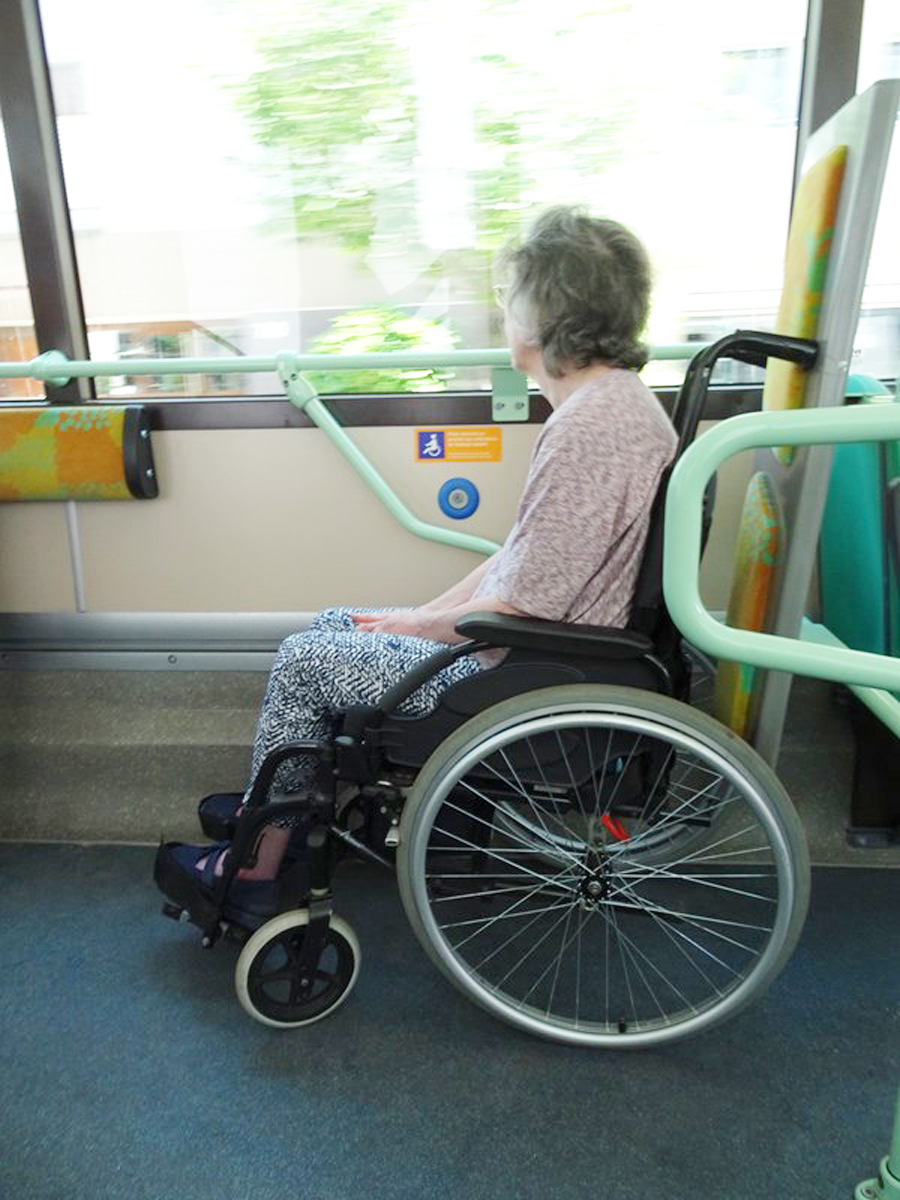











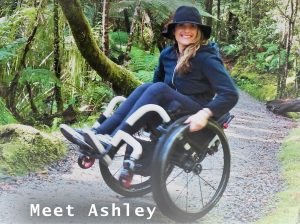

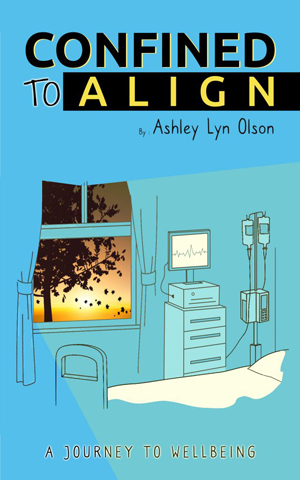
We just got back from a 3-day city trip to paris with my 17yr old son in a wheelchair. And everything in the article is just right. It worked wonderfully. In addition i can say that the subway is not accessible for most of the stations but that felt as no problem for us.
Great to hear and thanks for the additional tip!